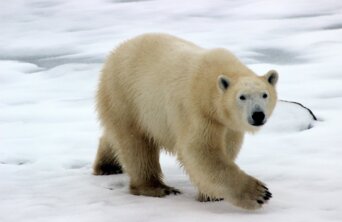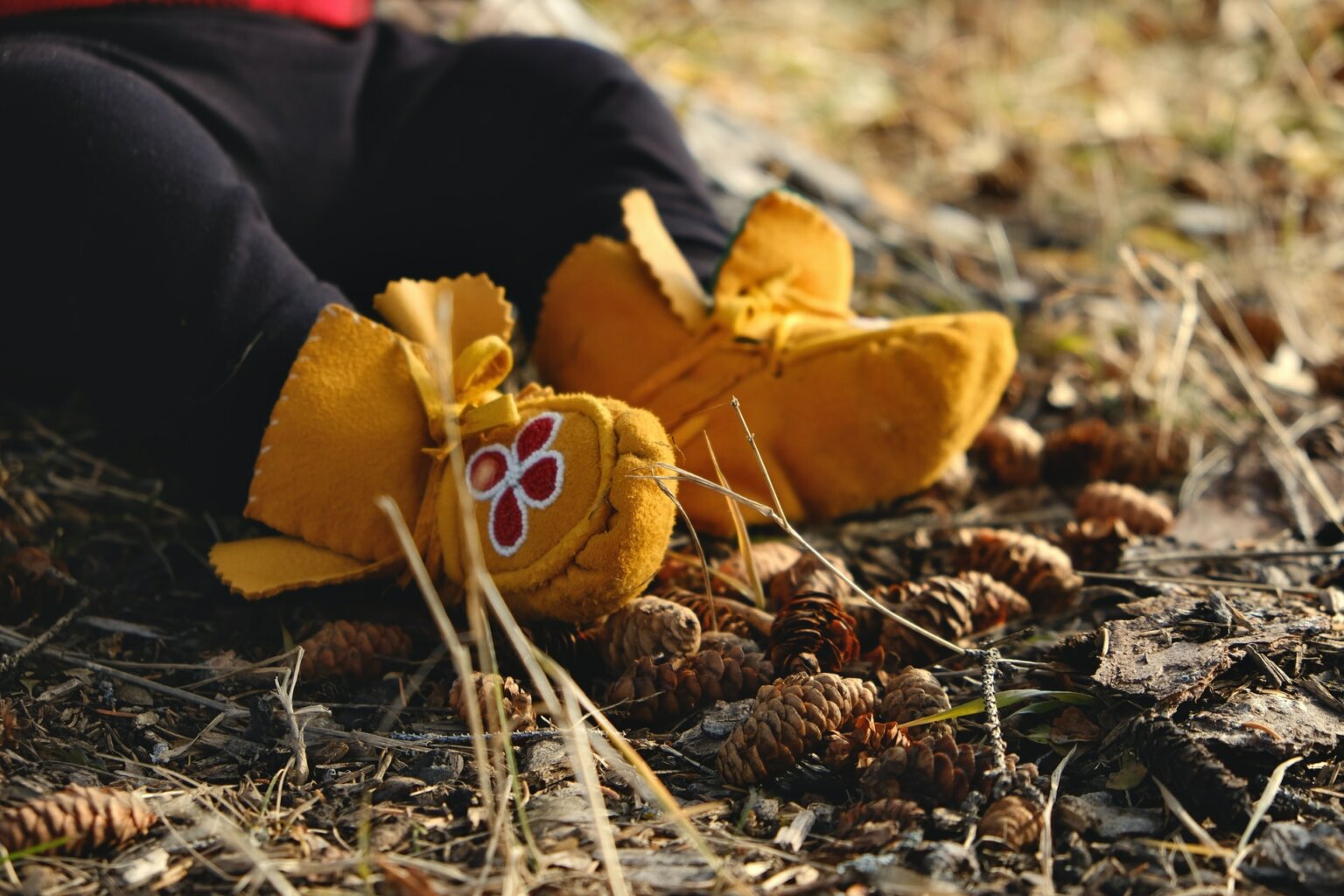- About
- Topics
- Picks
- Audio
- Story
- In-Depth
- Opinion
- News
- Donate
- Signup for our newsletterOur Editors' Best Picks.Send
Read, Debate: Engage.
| topic: | Conservation |
|---|---|
| located: | Russia, Norway, USA, Canada, Denmark, Finland, Sweden |
| editor: | Katarzyna Rybarczyk |
As the temperature rises three times faster than the annual global average due to the climate crisis, the Arctic region is facing unprecedented changes. To protect its fragile ecosystems, international cooperation is essential. For the last three decades, eight members of the Arctic Council (Canada, Denmark, Finland, Iceland, Norway, Sweden, United States and Russia) have been cooperating on research aimed at protecting local flora and fauna. But due to Putin’s invasion of Ukraine, work with Russia has been paused, putting the sensitive ecology of the region at risk.
As Russia controls more than half of the Arctic coastline, the lack of its active involvement in the council has weakened the body. About one-third of the council’s 130 projects are currently on hold and new initiatives cannot be put in place. Nikolay Korchunov, Russian Arctic Ambassador, told Reuters, that he doubts whether the Arctic Council "will be able to remain the main platform on Arctic issues.”
The consequences can be dire. WWF reports that sea ice in the Arctic is vanishing at an alarming pace, and if urgent action is not taken, “polar bears could face starvation and reproductive failure by 2100.” On top of climate-related stresses, the Arctic has to cope with the impacts of intensified drilling for oil and gas. Regrettably, the stalled cooperation between Russia and the other Arctic Council members translates to an ineffective response to these changes.
In the past, the council has introduced binding agreements on environmental protection and nature conservation. To keep effectively protecting the Arctic and its precious wildlife, efficient collaboration of Arctic nations must be renewed.
However, according to experts from a research institute RAND Corporation, “Russia's behavior in the Arctic could change from cooperative to conflictual and is difficult to foresee.” For this reason, members of the council must rethink the nature of their partnerships with Russia. “They have to isolate Russia and at the same time they have to make sure not to provoke Russia to dissolve the Council,” pointed out Rasmus Gjedssø Bertelsen from the Arctic University of Norway in Tromso.
Fortunately, it seems they are on the right track. Last week, Norway took over chairmanship from Russia and vowed to keep advancing the council's work on preserving the Arctic. “We need to safeguard the Arctic Council as the most important international forum for Arctic cooperation and make sure it survives,” said Eivind Vad Petersson, Norwegian Deputy Foreign Minister.
Norway promised that “important work” would continue even though Russia will not participate in the talks for the foreseeable future. Dwayne Ryan Menezes, founder and director of the Polar Research and Policy Initiative, rightly stated that while it won't make the council's problems disappear, Norway’s assumption of the presidency will "make it possible for the majority of member states to have a close working relationship with the chair once again, which will aid the forum’s work of promoting cooperation and coordination.” Although significant challenges lie ahead, the future of arctic protection looks promising.
Image by Dan Bolton

